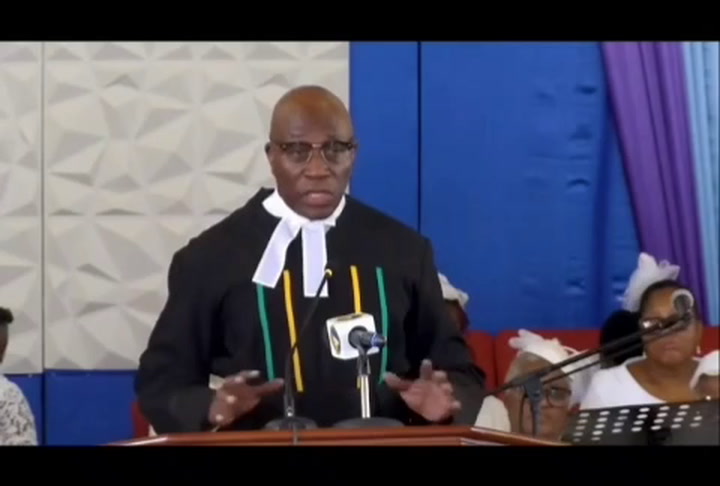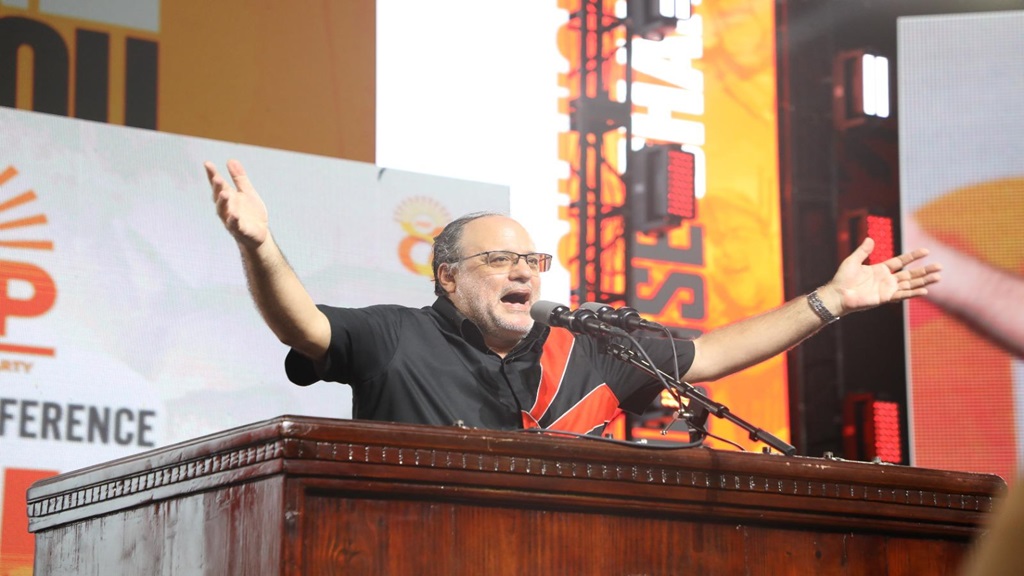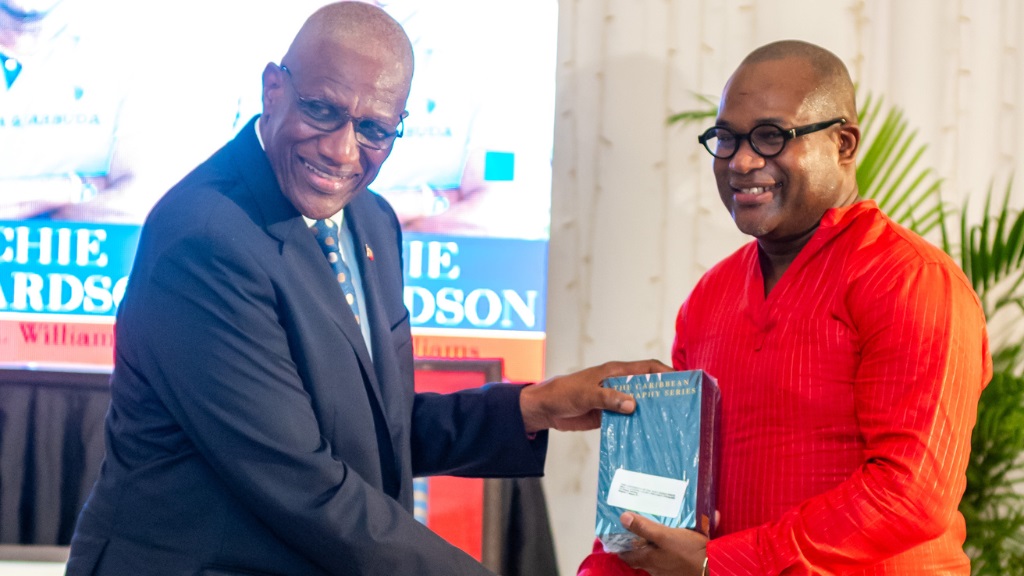

Chief Justice Bryan Sykes, sharing his personal views on the ongoing debate about a single extended weekend for Emancipendence celebrations, asserted that the celebration of freedom should not come with a price tag.
Emancipendence is the combined celebrations of Jamaica’s Independence Day, marking the country's independence from British rule, and Emancipation Day, which commemorates the day Africans in British colonies gained freedom from slavery.
"The journey to being here did not commence on August 6, 1962 (Independence Day), it was made accelerated. So, without August 1, (1834, Emancipation) none of what we are doing here would quite likely be possible," Sykes declared.
"So now, I would want to think that there are some things in our nation's history that really cannot carry a price tag, and freedom and celebration of freedom is one of them," said the chief jurist at the annual Assize Service to mark the opening session of the Michaelmas term Home Circuit Court.
It was held on Sunday at William Knibb Memorial Baptist Church in Falmouth, Trelawny.
Sykes' views appears to be in response to the controversial proposal by the Private Sector Organisation of Jamaica's (PSOJ) for the creation of what it said is "a single, extended weekend holiday period (Friday, Saturday, Sunday, Monday)" for the celebration of Emancipation Day, which is traditionally celebrated on August 1, and Independence Day, which is celebrated five days later.
"This approach aims to focus and potentially amplify the impact of our national celebrations," said the PSOJ in a statement last Friday.
Some Jamaicans, including former Prime Minister PJ Patterson, have taken issue with the proposal.
To gauge public sentiment on this idea, the PSOJ said it conducted a survey in August of this year, which revealed that "67 per cent of respondents support the concept of a consolidated holiday period".
According to the PSOJ, the current holiday structure of having two major holidays in such close proximity, "often results in extended periods of reduced productivity, as many workers and businesses tend to bridge the gap between these dates with additional time off.
"This phenomenon, sometimes referred to as a "holiday hangover", can disrupt economic momentum, particularly in key sectors such as manufacturing, tourism, and agriculture," the private sector lobby suggested.
But Sykes said the freeing of slaves on August 1, 1834, which is now celebrated as Emancipation Day, is an important date in the country's history.
The chief justice said for him, the date of emancipation is not just about increased domestic travel, or an organised, weekend-long celebration that could attract tourists to participate in cultural events, concerts and festivals, which boosts revenues across various sectors.
"I would have thought that the emancipation of enslaved persons of African descent, which was, in our case, the antecedent to independence, would warrant more analysis than to be described as a mere five days, encapsulating, I put in that word, Jamaica's journey from abolition of slavery to the achievement of self-governance," Sykes indicated.
He then reflected on the importance of emancipation to his family, stating that it allowed his family the opportunity to acquire land and further education.
The PSOJ had said that its proposal for single, weekend holiday period drew inspiration from successful models in other countries.
"For instance, Singapore, a highly productive nation, has implemented policies to minimise the impact of public holidays on productivity by clustering holidays and encouraging the observance of key cultural events over weekends.”
"This approach has contributed to Singapore’s labour productivity growth averaging 3.1 per cent per year from 2000 to 2020," the PSOJ said.
Continuing, it added: "Similar to Japan’s “Golden Week,” our proposed extended celebration could potentially increase domestic travel and participation in national celebrations.”
"In Japan, domestic travel during Golden Week increased by 8.9 per cent in 2021 compared to previous years, indicating greater engagement with national traditions."
The powerful private sector group said its proposal "envisions an organised weekend-long celebration that could attract tourists to participate in cultural events, concerts, and festivals, thereby boosting revenue across various sectors.
"This extended weekend-long period was intended to be a strategic approach that would provide an opportunity for a deeper engagement with our history and heritage through educational programmes, cultural exhibitions, and public discussions.
"By doing so, we aim to strengthen our national identity and ensure that neither Emancipation nor Independence is overshadowed by the other," the PSOJ stated.
In the face of growing public backlash, the PSOJ emphasised that its proposal "does not seek to eliminate or diminish" the importance of either Emancipation Day or Independence Day.
"On the contrary, our goal is to enhance the impact of the commemoration of these vital historical events while also addressing the economic realities of our nation.
"We believe this approach could offer a significant economic uplift during this period, while providing Jamaicans with a more comprehensive opportunity to reflect on and celebrate our rich heritage," the PSOJ indicated.
Related News

Jamaica Mountain Peak boosts coffee and cocoa day activities

PMI, Unite for Change to be revamped to combat crime – Golding

Sri Lanka dominate West Indies, level T20 series 1-1


